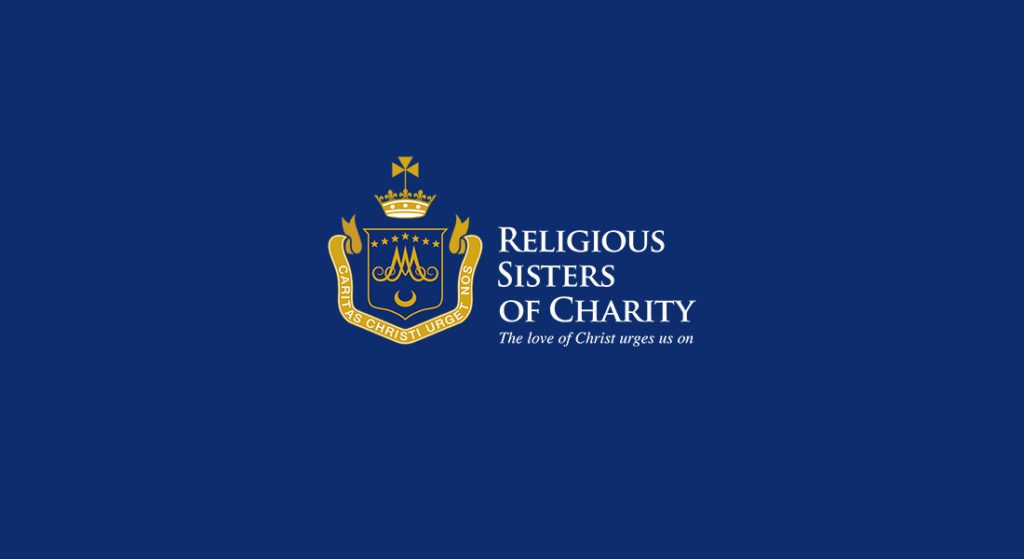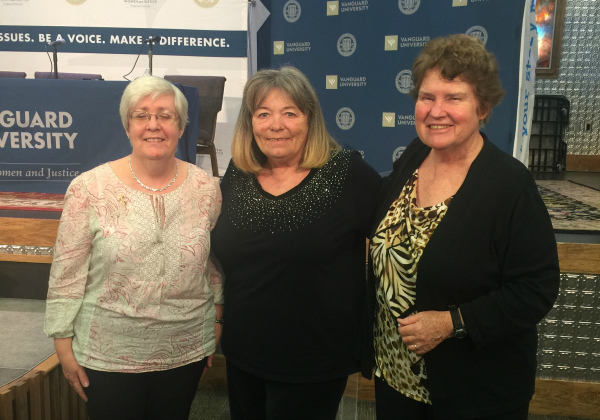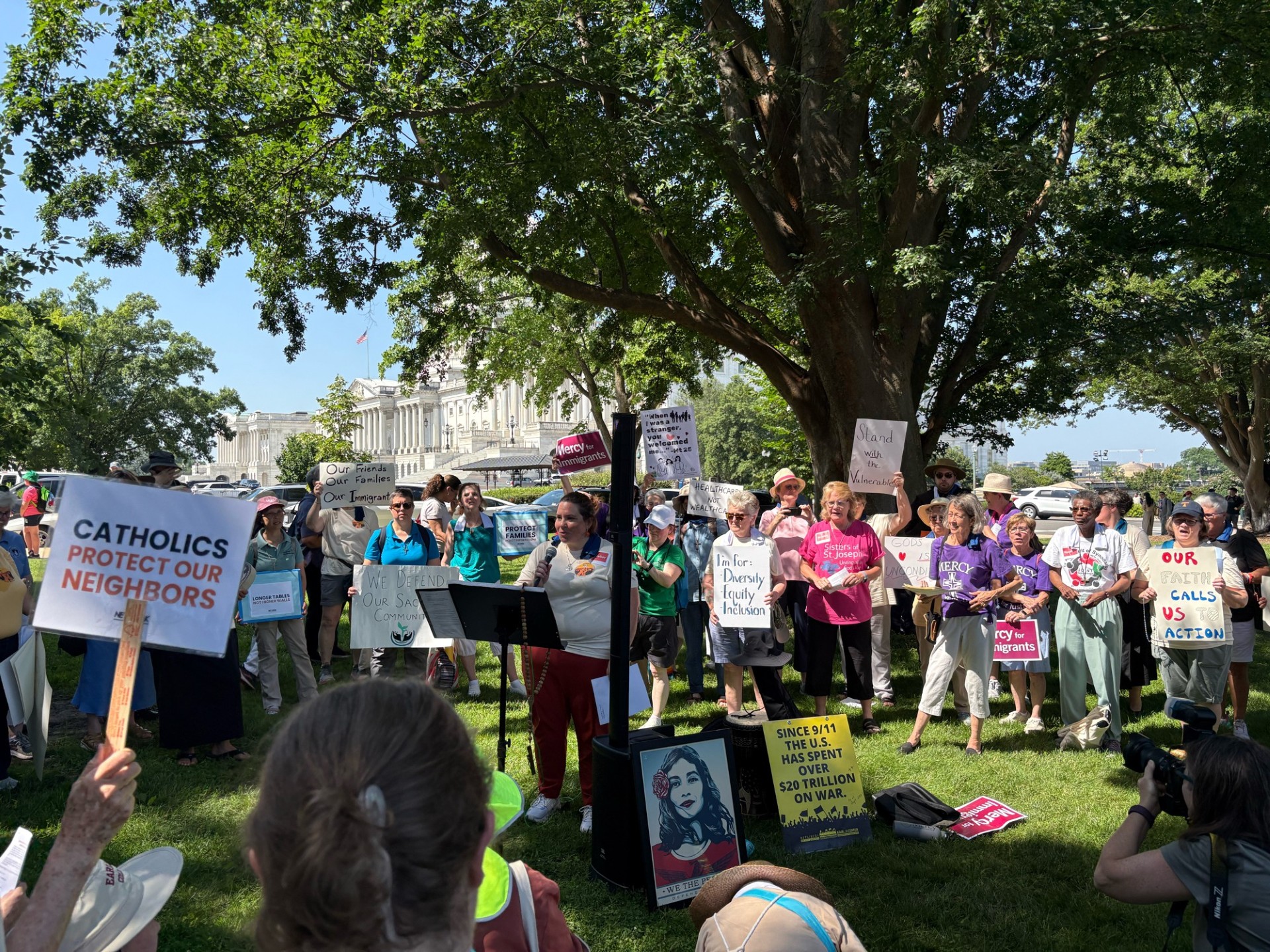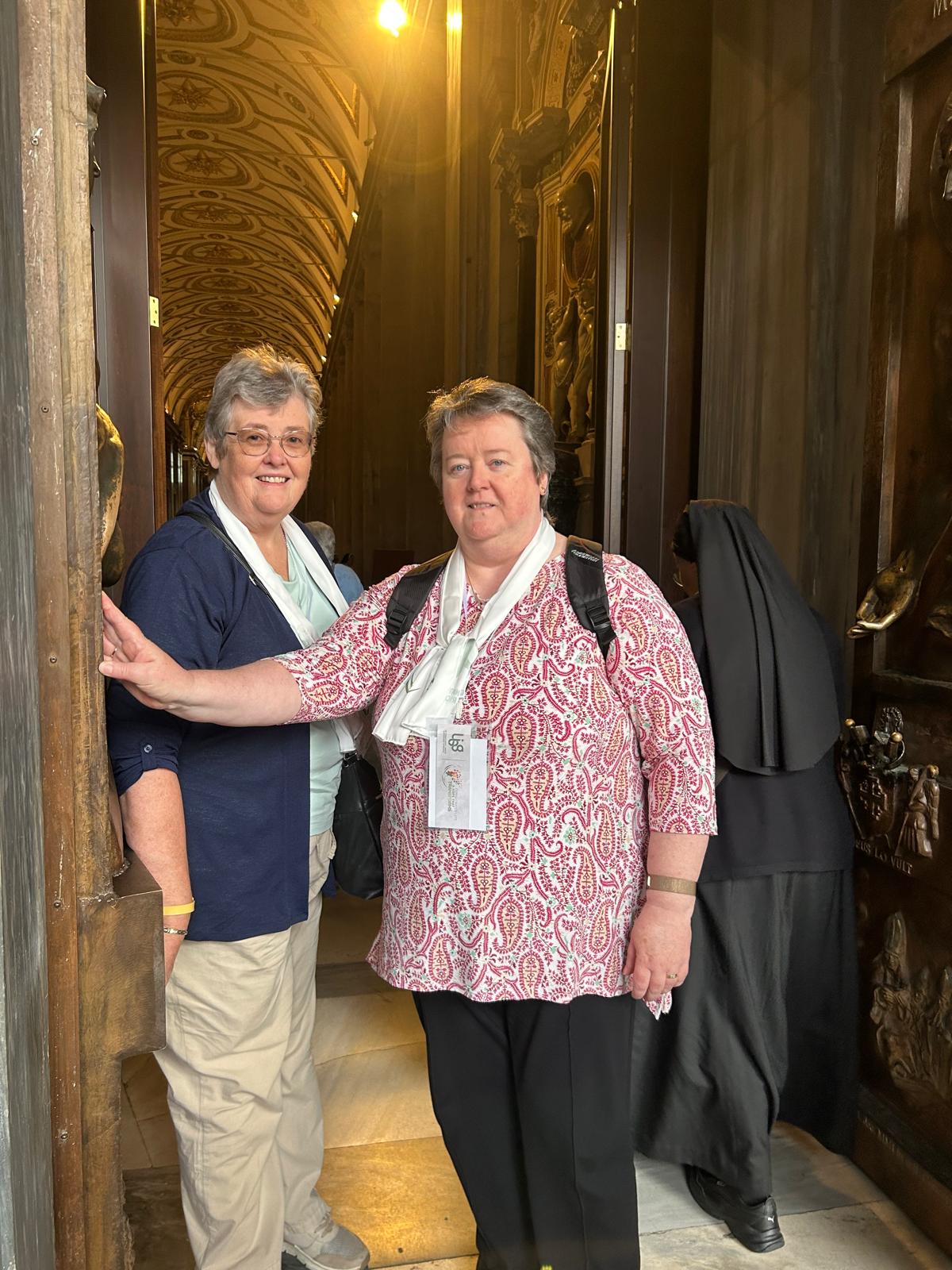
 Global Center for Women and Justice held its annual Ensure Justice Conference at Vanguard University on March 2-3, 2018. The theme was Substance Abuse and Human Trafficking. Sylvia Valdez, Srs. Kathleen Bryant and Michelle Hetherington attended the two day conference.
Global Center for Women and Justice held its annual Ensure Justice Conference at Vanguard University on March 2-3, 2018. The theme was Substance Abuse and Human Trafficking. Sylvia Valdez, Srs. Kathleen Bryant and Michelle Hetherington attended the two day conference.
Dr. Sandra Morgan, Director of the Global Center for Women and Justice welcomed the participants to the conference. She challenged us to confront the drug problem that inflicts our world and to look at the consequences of how drug abuse intersects with human trafficking, poverty, child neglect and abandonment and other forms of exploitation.
Speakers included the Director of the Office on Trafficking in Persons (OTIP) with in the Administration for Children and Families (ACF) at the US Department of Health and Human Services (HHS), the National Program Manger, Victim Witness Assistance, Drug Enforcement Administration (DEA), Washington DC., the Medical Director, Orange County Social Services Agency, Psychologists, Professionals from Departments of Education, Child Welfare Departments, Prevention Coordinators and representatives of various organizations involved in Human Trafficking.
The connection between substance abuse and human trafficking is a complex one. Does substance abuse increase the possibility of human trafficking or vice versa? Investigating the role of substance abuse in both sex and labor trafficking have shown that it can operate in either direction. Many of those trapped in slave labor can become addicted to pain medication often given for work related health problems and which are highly addictive. Some take drugs to dull their senses to the horrendous situations they find themselves in. Victims of sex trafficking are given drugs to keep them awake for longer periods of time or for captors to keep control over them. On the other hand unfortunately some engage in the sex trade to fund their addiction and so become trapped. It is a complex issue that needs our attention.
During the conference we explored the role of trauma in the lives of people especially the young. Those who experience violence or trauma from a young age are at a higher risk of developing substance abuse. We heard about the neuroscience of maltreatment. Adverse childhood events like abuse, neglect or household dysfunction has a lasting effect on the health, behavior and life potential of a person. However there is good news, the brain is constantly renewing its self and the potential to change the effects of trauma is possible.
There was a lot of information to assimilate over the two days. There are no easy answers or fixes to either substance abuse or human trafficking. The solutions are complex ones. They must involve the cooperation of different agencies and groups working together to ensure that all aspects of the victims lives are embraced.







